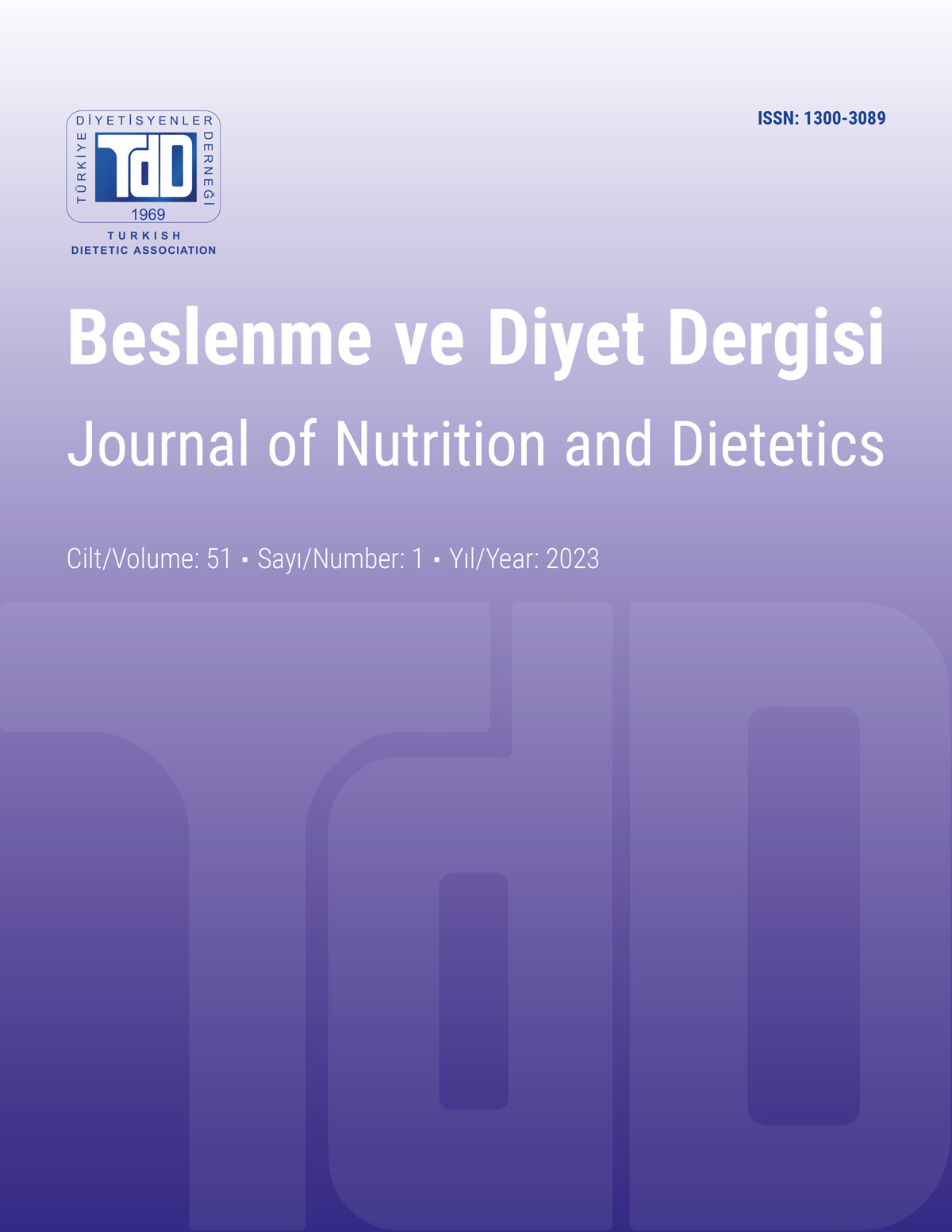Consumers' Knowledge, Attitudes and Choices Towards Halal Food: An Observational Descriptive Study
DOI:
https://doi.org/10.33076/2023.BDD.1733Keywords:
Halal food, halal certification, consumer knowledge, consumer attitudeAbstract
Aim: The rapid growth in the Muslim population, increasing awareness, and increasing popularity of halal food consumption among non-Muslims have made the halal food market an increasingly important market. This research, it is aimed to evaluate the knowledge, attitudes, and choices of adult consumers toward halal food in Turkey.
Subjects and Method: This study was conducted on a total of 593 individuals, 296 males and 297 females, aged between 18-65 years. The participants' descriptive information and information about measuring their knowledge, attitudes, and choices about halal food were questioned with a questionnaire.
Results: While the rate of those who knew the definition of halal food correctly was higher in females (64.5% in men, 75.4% in women) (p<0.05), the rate of paying attention to whether the purchased product was halal was higher in males (p<0.05). It was found that those who knew the definition of halal food correctly in both female and total participants answered yes to the "Do processed foods fall within the scope of halal food?" question at a higher rate (p<0.05). Additionally, in order to minimize the concern that the product is not halal food, it was determined that male individuals preferred to buy from the place they knew with the highest rate (32.8%), while female individuals chose the option to examine the content of the product with the highest rate (33.7%) (p<0.001).
Conclusion: The results of the study indicate that knowing the correct definition of halal food affects the level of knowledge about halal food and that the concept of "Halal food" has a more important place in the male gender among the factors that determine the purchasing preference. In addition, the study data suggest that female individuals may have paid more attention to food labels and halal certification to avoid the consumption of non-halal food products.

